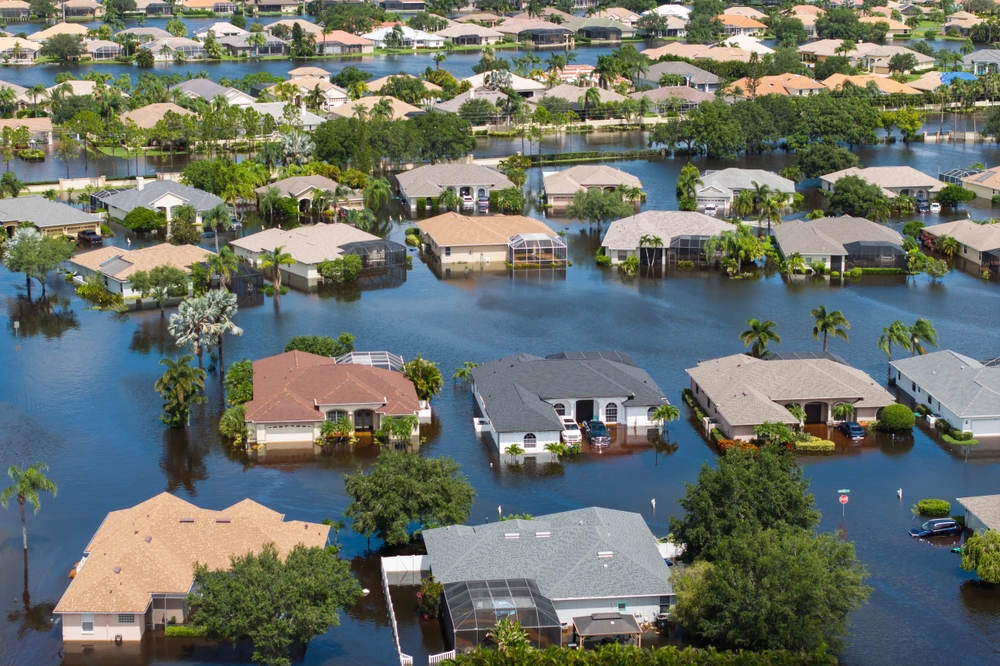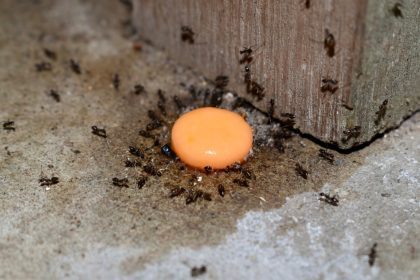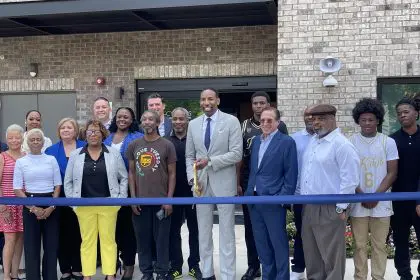In the wake of Hurricane Helene, many residents across the Southeast are grappling with extended power outages that have left food preservation in jeopardy as well as trying to find area-specific support. To assist those affected, Blavity has reported the Federal Emergency Management Agency (FEMA) has allocated a substantial grant of $10 million, providing eligible households with the opportunity to receive financial aid. People have also compiled on-the-ground resources for western North Carolina.
How to apply for FEMA assistance
Georgia has been one of the states to receive this FEMA aid, and there are several straightforward methods for residents to apply:
- Visit disasterassistance.gov.
- Call the FEMA helpline at 1-800-621-3362.
- Download and apply through the FEMA app.
Food safety measures during power outages
According to Lauren Baker Newton, said Blavity, an environmental health manager with the Chatham County Health Department, reported Blavity, many individuals are often uncertain about how to handle food safety after a natural disaster. She emphasizes the importance of safety, advising that if there is any doubt about food quality, it is best to discard potentially spoiled items.
The U.S. Food & Drug Administration (FDA) provides guidelines for maintaining food safety before and after disasters:
When the power goes out
Keep in mind that a refrigerator can keep food cold for up to four hours if the door remains closed. A full freezer can maintain its temperature for approximately 48 hours, while a half-full freezer will last about 24 hours. To extend the preservation of food, using dry or block ice can be beneficial; large amounts of ice can keep food cold for up to two days.
When power is restored
Once power is restored, it is crucial to check the temperature of food items in the refrigerator. If the power was out for no more than four hours and the door was kept closed, the food should be safe to consume. However, perishable items such as poultry, seafood, milk, and eggs should be discarded if the power was out for more than four hours.
Income requirements for FEMA assistance
One of the most reassuring aspects of FEMA assistance is that there are no minimum income requirements for applicants. However, it is advisable for individuals to document as much as possible regarding property damage for personal records and insurance claims.
“Any and all damage to their property, to their home, etc., and also they should be contacting their insurance company. If they have flood insurance, get that process working, and then contact FEMA immediately after that,” said Michael Hart, a FEMA spokesperson.
Help for western North Carolina
For those living in the western part of North Carolina, people have pulled together “Helene Response and Rebuild: WNC Resource Guide,” with links to local resources. The document is continually updated with the latest information about where to find food, shelter, and the whereabouts of loved ones. It breaks the information down with general and county-specific information as well as ways to help maintain the guide.
Grammy-winning artist Rhiannon Giddings also posted to her Facebook page the local organizations where people can donate money to help out North Carolinians in that area:












